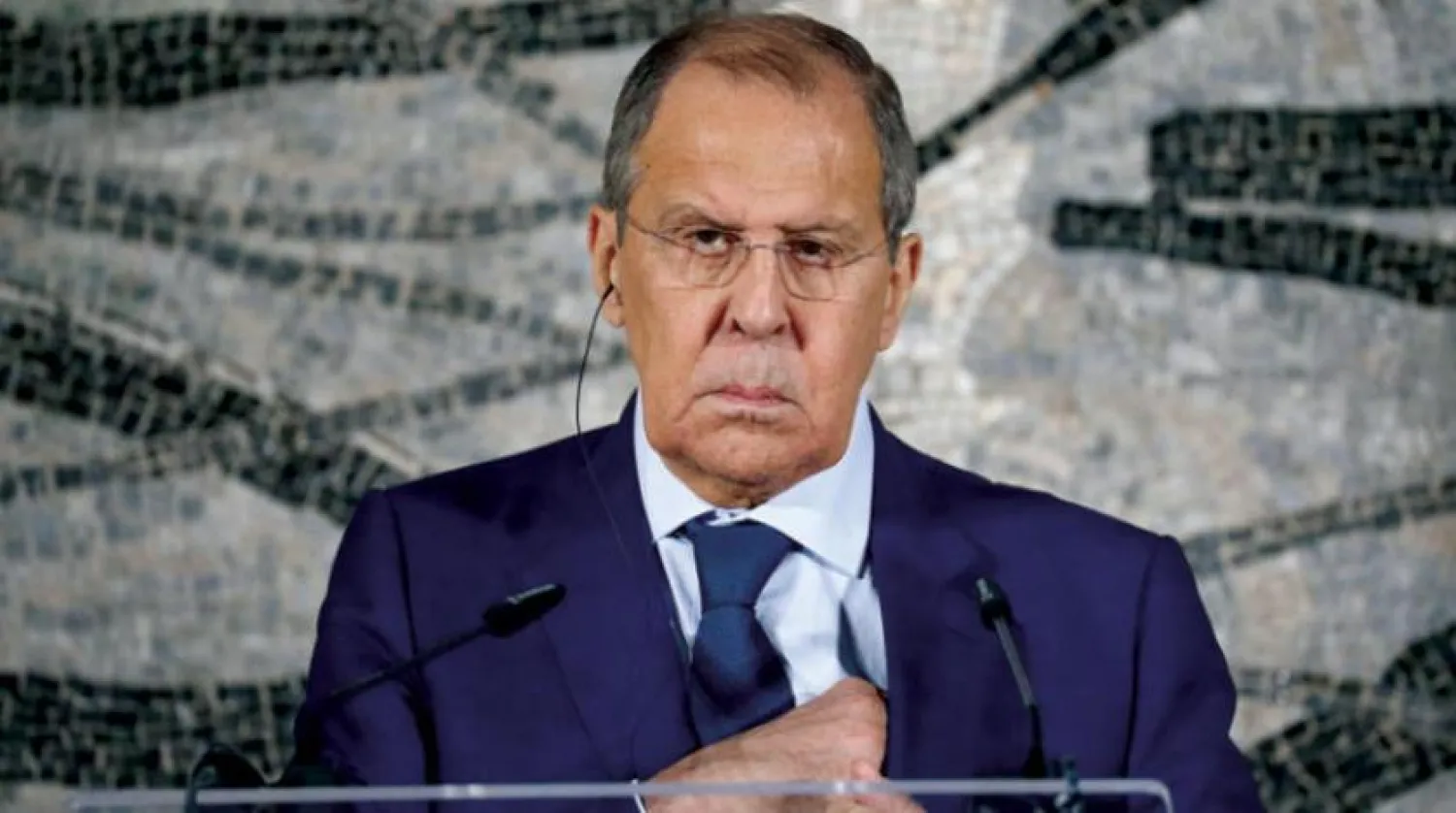Russia warned of Western attempts to interfere in its general parliamentary elections schedule for September 17.
Russian Foreign Minister Sergey Lavrov said that Western countries want to influence the upcoming election of Russian State Duma by trying to raise doubts about their fairness and questioning the results already.
During a meeting with students from Volgograd universities and representatives of the people's diplomacy center, Lavrov said that the West has intervened in previous elections. However, now it can be seen more clearly.
"We have the same answer to all these attempts: We are only guided by the will of our people."
He warned that Ukraine is an example of how "Western colleagues want to take advantage of our neighbors to make us feel uncomfortable."
Lavrov accused Western countries, which he did not specify, of distorting Russia's image and interfering in the elections to influence it.
The warnings came after the head of the foreign intelligence service, Sergey Naryshkin, announced that Moscow had data about certain parties trying to interfere in the election.
The Russian Foreign Ministry accused the Organization of Security and Cooperation in Europe (OSCE) of seeking to question the upcoming elections in advance.
The OSCE refused to monitor the Russian parliamentary elections and would not send observers to Russia after Moscow requested reducing European observers to only fifty people, saying it is within the precautionary measures against COVID-19.
On Tuesday, Lavrov said that the next round of Russia-US consultations on strategic stability would be held in September.
Lavrov said the talks would cover a broader range of strategic arms, both nuclear and non-nuclear ones, adding that he believes Russia and the United States are "interested in finding a common denominator."
US President Joe Biden and his Russian counterpart Vladimir Putin agreed in June at their first summit in Geneva to launch a Strategic Stability Dialogue to lay the groundwork for future arms control and risk reduction measures.
"Washington's understanding of the unacceptability of a (nuclear) war was not only voiced in a joint statement issued by Putin and Biden but also confirmed through concrete actions on the negotiation track," Lavrov said.









